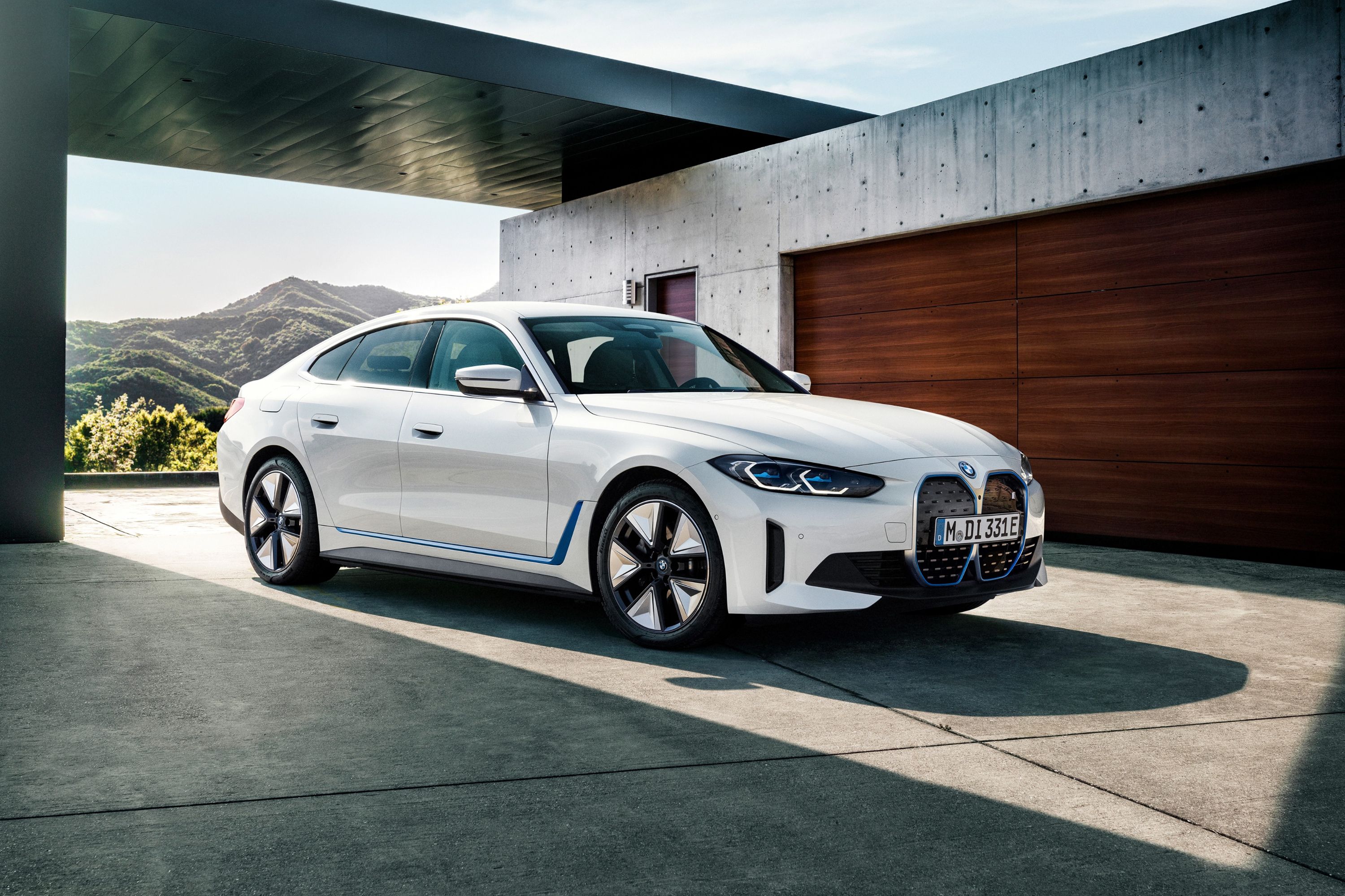
Electric vehicles cost more than their ICE counterparts mainly because of the high cost of raw materials needed to produce batteries. The most expensive part of an EV is its battery pack. For this reason, BMW wants to bring the price of batteries down by 30 percent, which will enable it to sell EVs for much cheaper. It's currently the only realistic way of beating Tesla at its own game. Elon Musk's brand might have its fair share of troubles with build quality and its infamous autonomous driving features, but it remains America's favorite EV brand.
According to Automotive News Europe, who spoke to people familiar with the Bavarian brand's plans, BMW will move over to new round cells instead of the prismatic cells it has been using.
It's worth noting that Tesla has already been using cylindrical cells. The difference here is that BMW's cells will have a higher energy density, which will allow BMW to sell vehicles with a longer range. Its existing partners will manufacture BMW's new round cells. Though nothing more was said about parts sourcing, we know BMW currently buys batteries from China, South Korea, and Sweden.
How BMW will manage to reduce costs by 30 percent is unclear. Battery prices have dropped dramatically over the last ten years. Still, they remain high due to drastic price increases in the raw materials needed to manufacture batteries.
These prices will likely take years to stabilize, but BMW expects its "Neue Klasse" (New Cars) vehicles to benefit from the rounded cells when they are introduced from 2025. That excludes the i7 and the upcoming i5, which will be introduced next year.
To give you some idea of the price difference, we can compare BMW's current models. That's assuming the 30 percent drop in battery cost would directly impact the retail price of a car.
The BMW iX xDrive50 retails for $83,200 and the blistering i4 M50 has an MSRP of $65,900. What would those prices look like minus 30 percent? The iX would theoretically sell for just over $58,000, while the top-spec i4 would retail for $46,130. Those are enormous differences.
It's a sound plan, but we're currently more interested to see how BMW manages to pull it off, given the current state of material prices.
